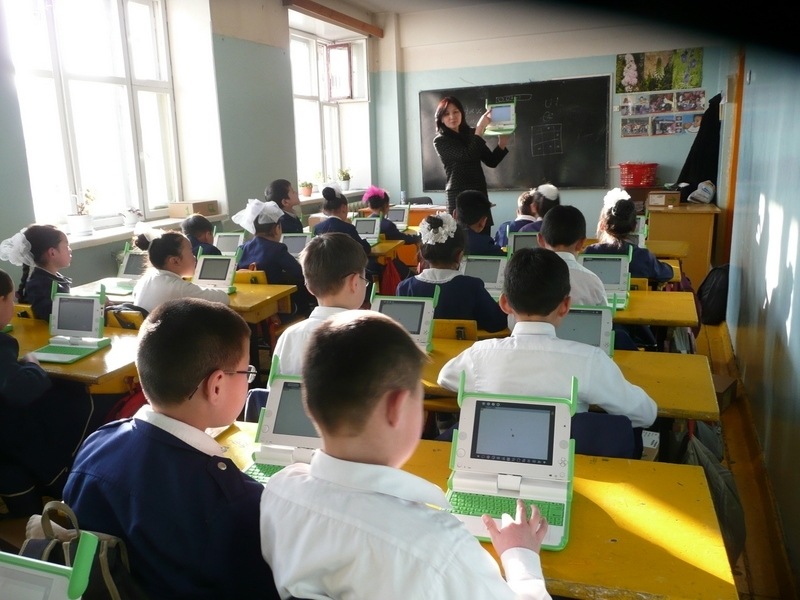What You Need To Know About Online Gaming Safety
The proliferation of computer-mediated-communication in our daily routine continues to transform the way we do virtually everything, play and gaming included. Once upon a time, players had to converge at an agreed location at an agreed time to enjoy a game of Street Fighter, FIFA, or International Superstar Soccer. But nowadays, players can enjoy the same interactions, fun, and challenges online from the comfort of their sofas.
Game Studies
A lot of work has been done on gaming in recent years. The benefits of gaming are ubiquitous. There are many blogs, journals, books, and players offering gaming advice.
Traditional studies have concentrated on the individual and the video game, an object. For this reason, early studies shaped traditional and common understanding of video games. Traditional studies also exposed certain ramifications, such as delinquencies, violence and aggression, and many negative headlines, many of which are still subject to deliberations and dismissals. Examples of the early benefits of gaming include hand and eye-coordination, modeling, employability, executive functioning, multitasking, and memory capacity.
But as you may have observed, today's gaming devices and the overall gaming experience are disparate from early experiences - for instance, as experienced with Atari, Sega Arcade, PlayStation 1, etc.
The contemporary gaming device is a unique portal to diverse and infinite social and entertainment worlds. This phenomenon is catered for in recent approaches to game studies as scholars and professionals adopt a cyclic and holistic approach to video game research. Lately, scholars and professionals have tested a bundle of factors that influence player intention towards online gaming. Following the social antecedents of game continuance with, and in, social worlds has been explored extensively. For this reason, we know a lot more about video games than we did a demi-decade ago.
6 Tips For Players
- Be conscious of your actions in-game. They can have positive or negative impact on other players and your immediate space.
- Report inappropriate or illegal behavior from others through the provided mediums and communicate your experience with an adult.
- Every campaign has a start and an end point. Always take breaks during game-play and be aware of time management.
- Help out at home before settling in for gaming and demand participation from your parent or guardian.
- Protect your personal data when diffusing or transferring gaming elements into reality. For example, PlayStation 4 Shares to Facebook.
- Block trolls and dodgy people and use the report promptly to communicate your experience to your service provider.
8 Tips For Parents And Guardians
- Whether it's a present, a surprise, or a personal request, ensure you liaise a young person's parents and guardian before buying a game for a child or young person.
- Use PEGI age rating as guidelines when deciding the suitability of a game for a child or young person.
- Employ controlled gaming; today’s consoles offer parental controls which can be used to facilitate online safety and time management.
- Show interest in the games they’re playing and play games with them, just as you would with other activities or in any other space that has strangers.
- Be aware of the 4Cs:
- Communication and context of communications.
- Connections and context of connections.
- Connectivity and context of connectivity and devices.
- Content and context of content.
- Ensure that young people understand the need for these restrictions; you may find that they have stories of their own to share.
- Be aware of their motivations during gaming periods.
- Ensure that collective lessons and fun are transferred into the real world for both housework and schoolwork.
Final Word
Games are purely for fun and entertainment, and they offer a parallel and alternative way to interact and understand the world around us. Today, we can play games to create new spaces for social interaction. This inevitably makes contemporary gaming paradigm a suitable abstract system for influencing and guiding leadership, systems thinking, and empathy. It is an efficient abstract system for preparing for, and troubleshooting, emerging digital economies. But like most things in life, there is the risk of abuse. Most importantly, familiarize yourself with the games your children play by playing with them, watching tutorials on the web, or by kindly asking them to teach you.






